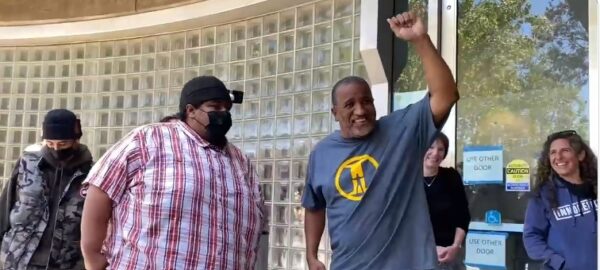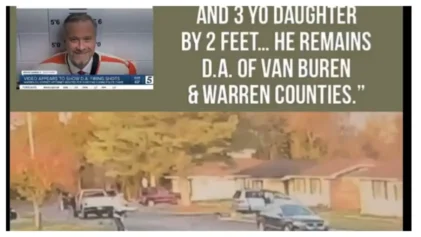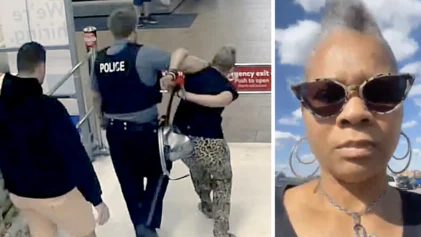After spending three decades in prison for a crime he did not commit, a California man has been exonerated of murder. His case, in which authorities found no DNA evidence, fingerprints, or weapons connecting him to the crime, is the first exoneration prompted by the San Francisco District Attorney’s Innocence Commission, which was established in 2020.

Superior Court Judge Brendan Conroy overturned Joaquin Ciria’s conviction 32 years after he was arrested, granting the 61-year-old a new trial.
The move was made after San Francisco District Attorney Chesa Boudin received a recommendation from his office’s Innocence Commission that found sufficient evidence pointing to a miscarriage of justice that took over half of the man’s life.
The Commission’s chair, Lara Bazelon, spoke to Ciria at a news conference surrounded by her boss and members of his family, “Thirty-two years ago, you were taken away from your wife and your baby, and that is because the system failed you catastrophically. Now at long last, you have a chance to take back your life.”
In 1990, the Afro-Cuban man was convicted of first-degree murder and sentenced to life in prison for the shooting death of Felix Bastarrica in San Francisco. Bastarrica was shot in the head after arguing with someone in a San Francisco alley. The courts found Ciria guilty of the man’s death based on false witness testimony and police misconduct.
Bazelon, who also serves as a professor at the University of San Francisco School of Law, said her team’s 18-month investigation discovered “a cascade of errors” in how the law enforcement handled the case, including evidence proving police coerced 18-year-old named George Varela into lying, making the teenager a key witness.
“If you’re going to continue to sit in here and lie and cover-up for Joaquin,” one inspector said to Varela, “you’re going to be in some deep (expletive).”
The detectives threatened to lock him up and charge him for the murder too. His testimony granted him immunity and Ciria received his life sentence based on this testimony on March 22, 1991.
“There was no DNA, no fingerprints, no murder weapon was ever recovered,” Bazelon said. “Had a jury heard this case today there would not have been a conviction.”
While this is San Francisco’s first exoneration of this sort, it is the second district attorney’s office formed agency in the Bay Area to assist in the clearing the name of a wrongfully accused person, the National Registry of Exonerations reports. Santa Clara County’s DA has been doing this form of justice work for over ten years.
Boulin saluted the agency saying, “Our office is proud of and grateful for the work of the Innocence Commission in rectifying the wrongful conviction of Mr. Ciria.”
“Although we cannot give him back the decades of his life lost, we are grateful that the court has corrected this miscarriage of justice,” he said.
A major part of the court’s decision was the testimony from a man named Roberto Socorro who said he witnessed the murder on March 25, 1990, and could contest that Ciria was not the man who committed the crime.
The name of the new suspect in the slaying has been withheld until he is charged.
Socorro wrote, “I am deeply ashamed of my selfish decision to remain silent all these years.”
Ciria has always maintained his innocence and even told detectives that on April 13, 1990, what he did on the night of the crime, saying according to a 2012 appeal motion, he “played video games with his stepson at a video arcade and then stopped at Galan’s Bar, where he got into a fight with an individual named Roberto and then went home.”
Despite his insistence, a motion to vacate the judgment on his case was denied.
Ciria was released from prison on Wednesday. He thanked his attorneys for their diligence while sharing the difficulties of making it past the first few years into his sentence.
“My first five years I was thinking I really can’t take it,” said Ciria. “I thought that I was going to lose my mind any day, but when you put faith – your faith in God – you gotta keep going.”


